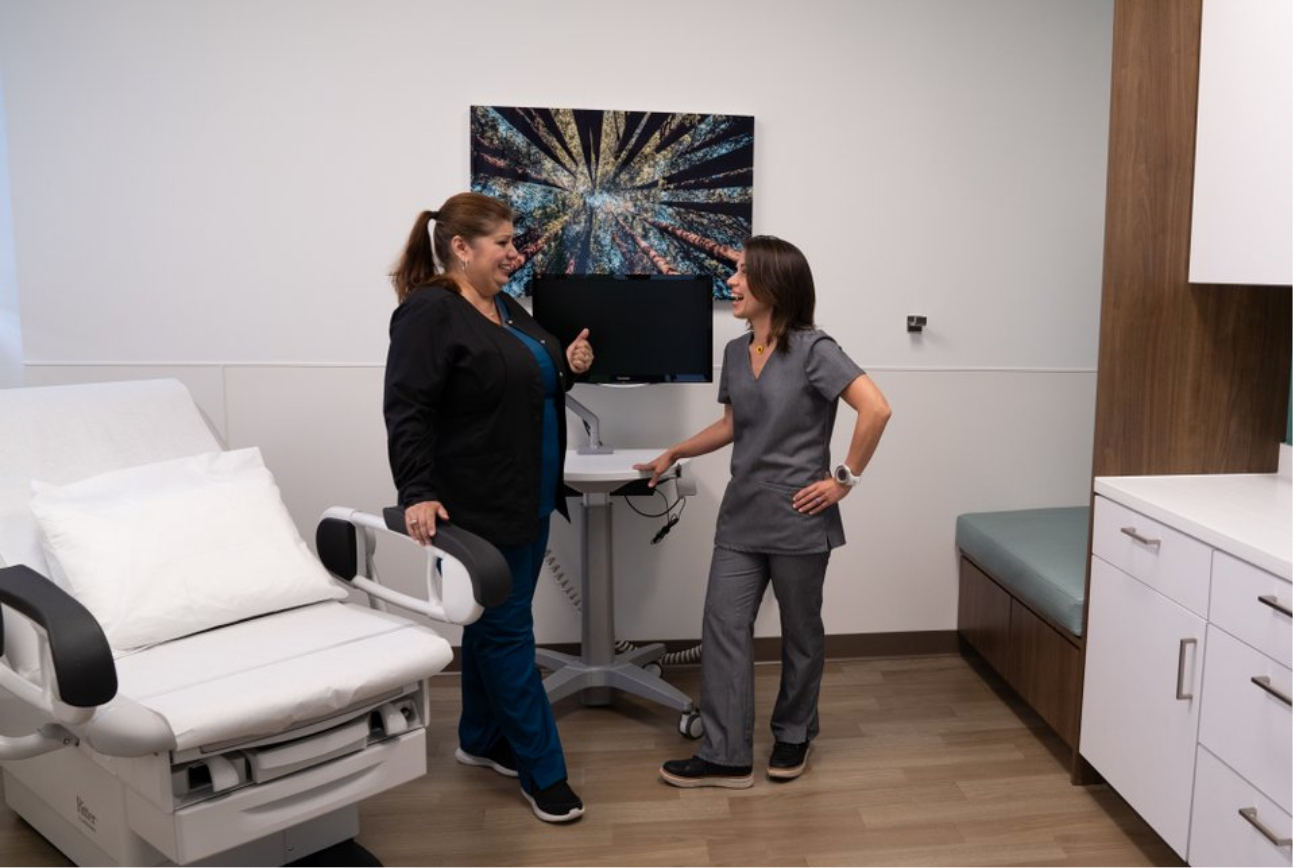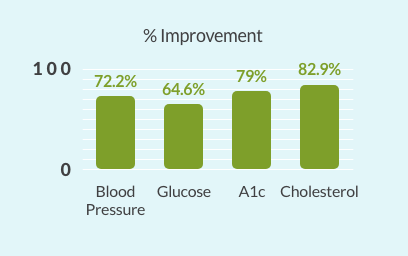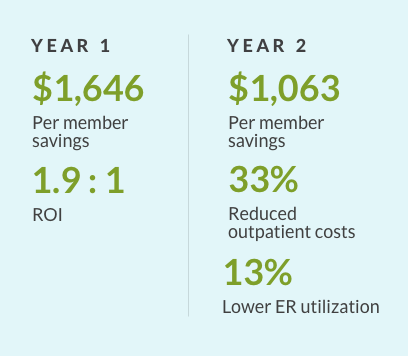The fee-for-service model has turned primary care into sickcare.
Health providers and patients are in need of a new primary care model that’s uniquely designed to improve patient experience and outcomes as well as care team satisfaction.
This model would flip the current standard of healthcare upside down by allowing providers and care team members to spend more time on each appointment and deliver care the way they expected to when they opted for a career in healthcare.
How do we know it’s possible?
Because it already exists. At Vera Whole Health, we call it advanced primary care.
White paper contents (click blue bullets to jump to sections)










